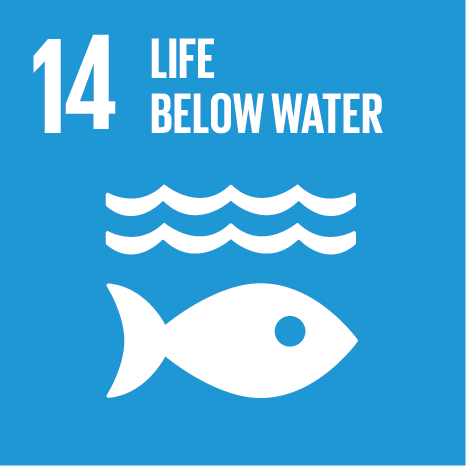Ciência_Iscte
Publications
Publication Detailed Description
Managing fisheries in light of complexity and chaos theories
Book Title
Economics: Concepts, methodologies, tools, and applications
Year (definitive publication)
2015
Language
English
Country
United States of America
More Information
Web of Science®
Scopus
Google Scholar
This publication is not indexed in Overton
Abstract
Chaos theory - and models related to non-linear dynamic systems - has increased in importance in
recent decades. In fact, chaos is one of the concepts that has most rapidly expanded in research topics.
Chaos is ordinarily disorder or confusion; scientifically, it represents a disarray connection, but basically,
it involves much more than that. Change and time are closely linked, and they are essential when
considered together as chaos theory foundations are intended to be understood. Given the large number
of applications in several areas, the goal of this work is to present chaos theory - and dynamical systems
such as the theories of complexity - in terms of the interpretation of ecological phenomena. The theory
of chaos applied in the context of ecological systems, especially in the context of fisheries, has allowed
the recognition of the relevance of this kind of theories to explain fishing events. It raised new advances
in the study of marine systems, contributing to the preservation of fish stocks.
Acknowledgements
--
Keywords
Fields of Science and Technology Classification
- Mathematics - Natural Sciences
- Agriculture, Forestry and Fisheries - Agriculture Sciences
- Economics and Business - Social Sciences
Contributions to the Sustainable Development Goals of the United Nations
With the objective to increase the research activity directed towards the achievement of the United Nations 2030 Sustainable Development Goals, the possibility of associating scientific publications with the Sustainable Development Goals is now available in Ciência_Iscte. These are the Sustainable Development Goals identified by the author(s) for this publication. For more detailed information on the Sustainable Development Goals, click here.

 Português
Português



